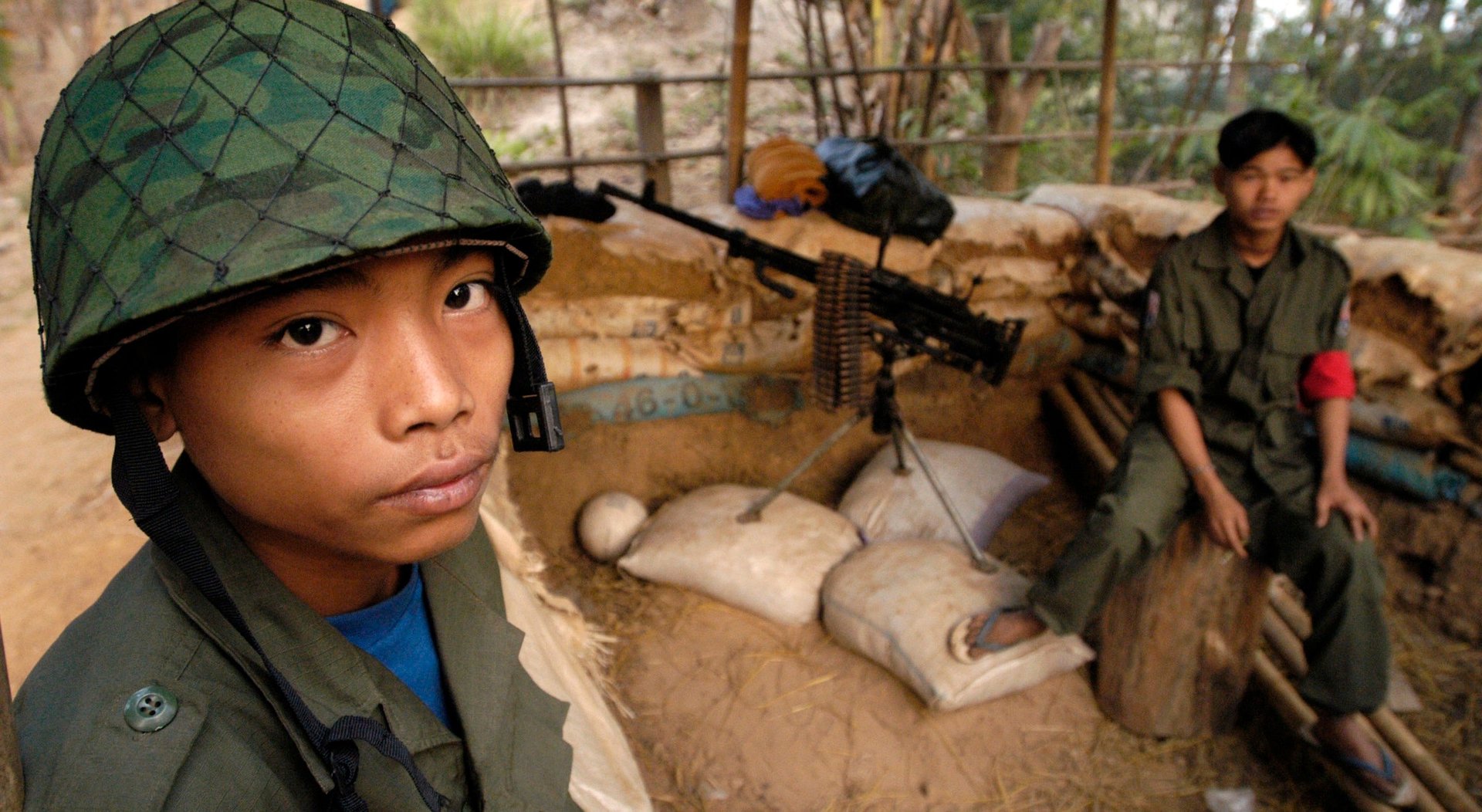Crony capitalism in Myanmar makes foreign investments dicey—at least for the West
Myanmar’s economy is forecast to grow over 6% this year as new foreign investment surges into the former hermit kingdom, but Western companies have been slow to join the party. Most investment is set to come from other emerging markets in Asia or beyond, where companies are more comfortable dealing with corruption and ethically questionable partners.


Myanmar’s economy is forecast to grow over 6% this year as new foreign investment surges into the former hermit kingdom, but Western companies have been slow to join the party. Most investment is set to come from other emerging markets in Asia or beyond, where companies are more comfortable dealing with corruption and ethically questionable partners.
Despite recent reforms, doing business in Myanmar is still a murky affair. Take, for example, the country’s gas stations—potentially a great investment in a frontier market where many people are poised to grow rich enough to buy mopeds and eventually even cars. A local lawmaker has claimed 247 state-owned stations that were privatized in 2010 were sold at “very low prices” to a military-owned trading company and other firms with close ties to the generals. (In 2010, the junta lost some of its power and Myanmar got a semi-civilian government.)
Getting into bed with the military and former junta officials could be a reputational risk too far for Western corporations. The junta leaders were responsible for gross human rights violations such as conscripting child soldiers (which still happens) and colluding (pdf p.144) with drug and people traffickers. A deal with such partners raises the risk of a boycott at home or a US Foreign Corrupt Practices Act investigation.
It is extremely hard to find Burmese business partners that do not have strong junta connections. German non-profit Bertelsmann Stiftung reported (p.3) that “military conglomerates and cronies…continue to monopolize the economy under the new government.”
Although foreigners are allowed to fully own Myanmar businesses in many sectors , it is considered unwise to operate there without a local partner, as getting business done is very much driven by personal relationships. The nation does not have a strong rule of law or courts that can be relied on to independently protect assets or contracts. “You need a local partner, otherwise you get killed,” hotel developer Richard Friedman said in this 2012 interview.
A Hong Kong-based private equity fund manager who has spent time in Myanmar looking for deals told Quartz: “There are very few businesses or business people that our Western investors would consider to be clean. I met one prominent businessman there who has what the Myanmar people call ‘white money’ as opposed to money from military connections. Everyone is chasing him. The terms he would require for doing business with us would not be advantageous.”
So the country’s economic future is likely to be carved up between the generals and ex-junta tycoons, and emerging-markets investors without Western investors or stock market listings. The Bertelsmann Stiftung report, noting that foreign investors were cautious about their public image, concluded that “neighboring Asian countries (including Thailand, China and India) have invested heavily.”